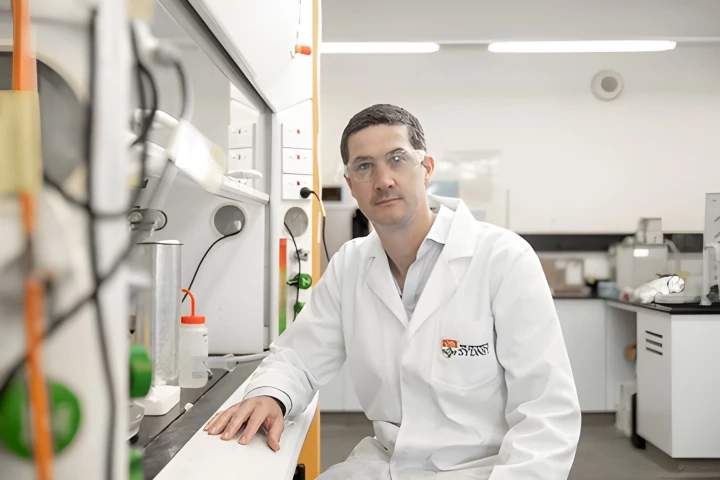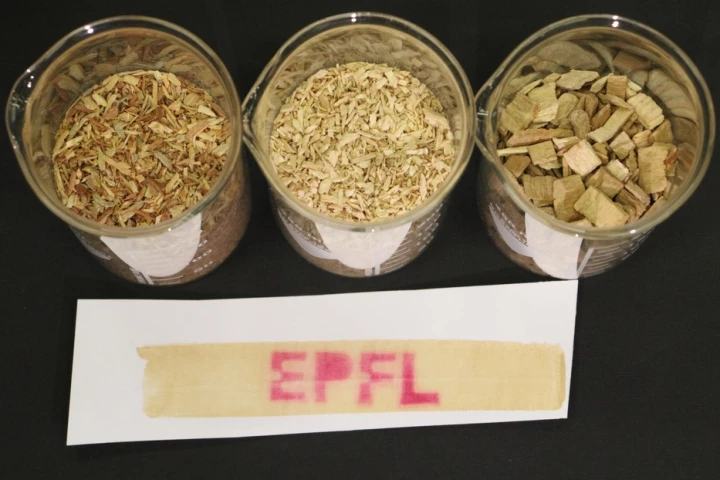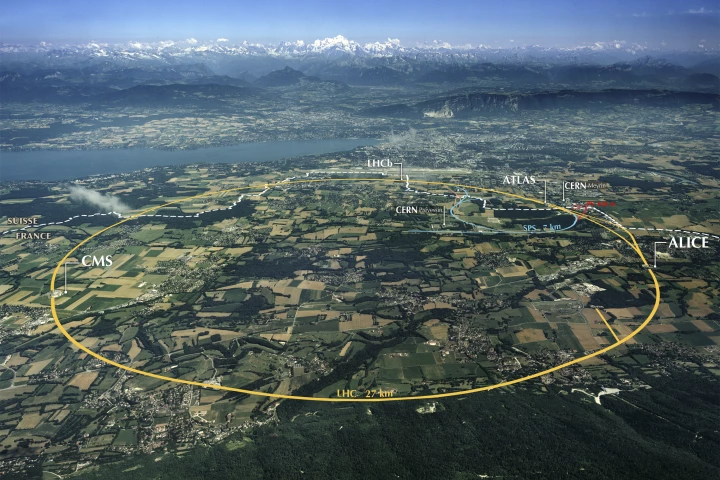Science
The latest in science news, from the depths of space to the quantum realm.
Top Science News
-
Two billion years before we made history and split the atom, the Earth had already accomplished it and was running its own nuclear reactors. And they operated for hundreds of thousands of years, as the first signs of multicellular life emerged.
-
The earliest ancestors of all backboned animals, including humans, may have viewed the world with four eyes, not just two, according to a new study. The remnants of those extra eyes persist deep in the human brain today as the pineal organ.
-
For the first time, researchers have tracked how deer use photoluminescent markers as signposts on trees to communicate with one another. Their unique visual acuity allows them to see in ultraviolet wavelengths invisible to human eyes.
Load More
Latest Science News
-
Google says its upcoming data center will cool itself without water
February 25, 2026 | Abhimanyu GhoshalAmong the many problems posed by the rapid proliferation of data centers is the strain on local water supplies. Google says it's building a better data center that won't require water to keep its servers and computing equipment cool. -
Video: Fire tornado cleans up oil spills
February 24, 2026 | Michael FrancoOil spills in oceans can spell disaster for ecosystems, but options for mitigating them are limited and can come with their own environmental challenges. A new "fire tornado" from Texas A&M University might soon be able to come to the rescue. -
Humans in space: Are astronauts obsolete?
February 15, 2026 | David SzondyThe Artemis II mission, which will return US astronauts to lunar space, has run into problems that have critics demanding NASA remove the crew from the flight for safety reasons. The bigger question is, why do we have astronauts at all? -
New technique targets 'sweet spot' to destroy bacteria
February 10, 2026 | Michael FrancoResearchers have discovered a certain kind of sugar that is only found on the surface of bacteria. Targeting it could lead to an entirely new class of immunotherapeutic drugs designed to target and eliminate at least one deadly, drug-resistant bug. -
8,000-year-old pottery suggests math predates writing
February 07, 2026 | Jay KakadeWe generally associate the origins of mathematical thinking with the emergence of writing but a new study challenges this assumption looking at floral designs found on the pottery sherds across northern Mesopotamia, dating back 8000 years. -
Plants that touch each other are more resilient to stress
February 07, 2026 | Jay KakadeNew research has found when plant leaves physically touch each other, they seem to form a biological signalling network to warn each other about upcoming stress. This boosts resilience to intense light, a common environmental challenge. -
Wood polymer gives thermal paper an eco-friendly makeover
January 31, 2026 | Maryna HolovnovaNowadays, wood is rapidly becoming a valuable material in the renewable tech industry, replacing many harmful materials. Recent research shows that wood-derived compounds can serve as an alternative to the toxic chemicals used in paper receipts. -
CERN supercollider gets sustainable side hustle heating local homes
January 30, 2026 | David SzondyOkay, CERN's Large Hadron Collider (LHC) might have uncovered the Higgs boson and helped redefine our concept of physical reality, but what has it done for us lately? How about a side hustle heating several thousand homes in the neighborhood? -
New system turns smartphones into radiation detectors
January 28, 2026 | Michael FrancoResearchers at Hiroshima University in Japan have developed a way to leverage the cameras on smartphones to provide accurate radiation readings. The system they created costs less than $70 and could be a big help in disaster situations. -
Swingers and long-game players: The wild sex lives of beluga whales
January 25, 2026 | Bronwyn ThompsonFor the first time, we know more than we ever expected to know about the sex lives of the majestic beluga whale. It's complicated, to say the least, but it also shows just how strategic nature is at keeping an isolated group of animals alive.
Load More












